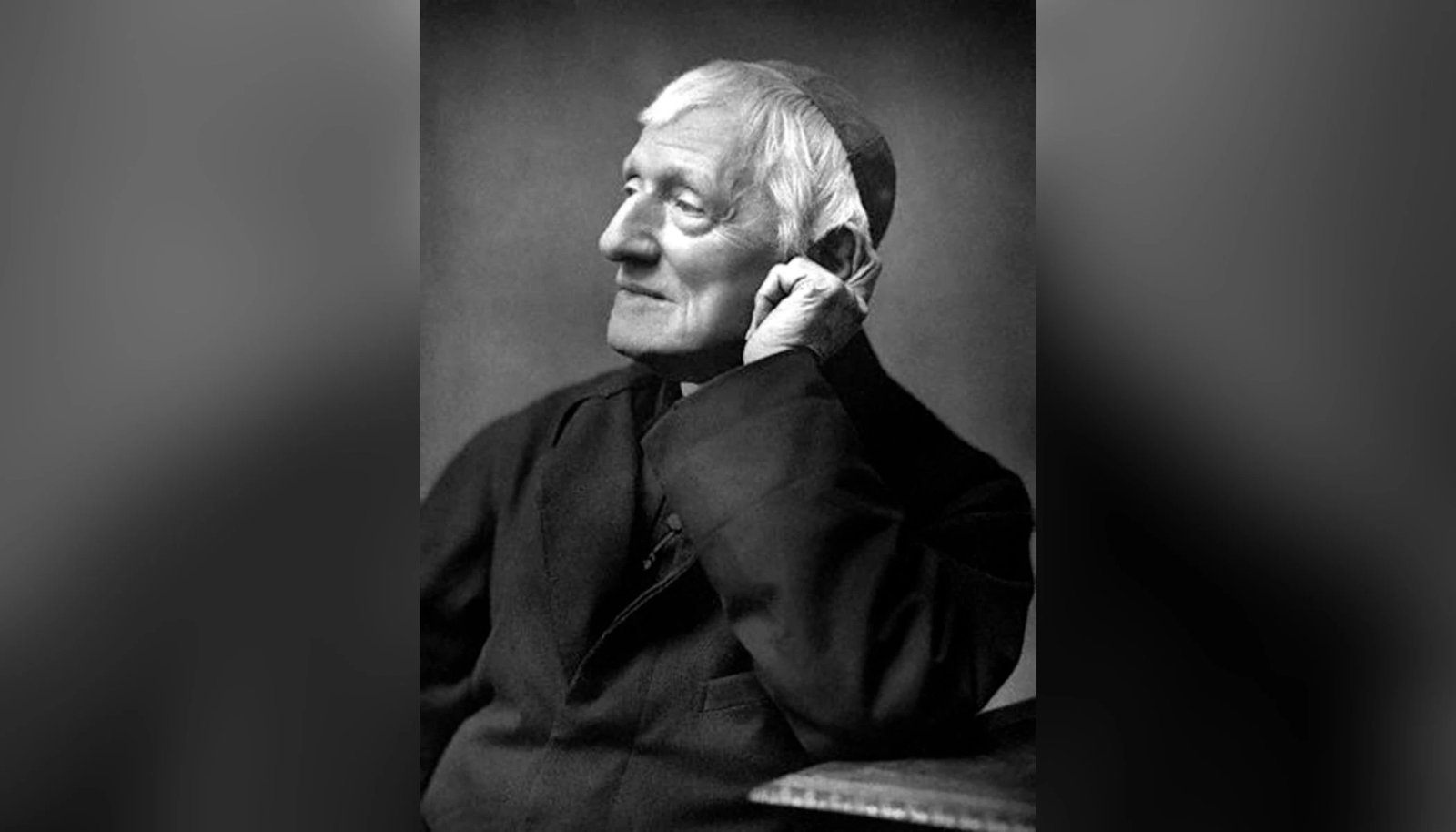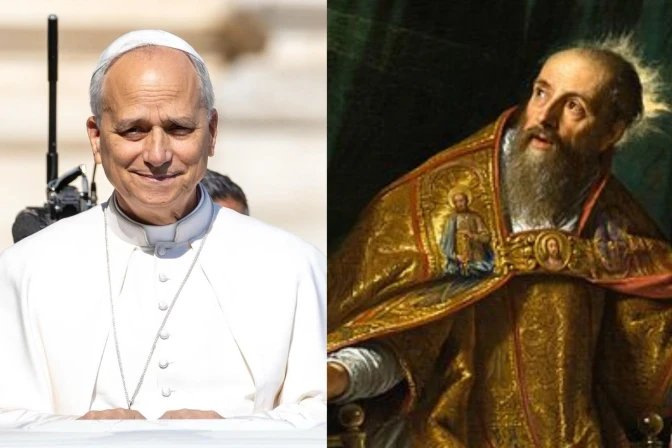ACI Prensa Staff, Aug 8, 2025 /
07:00 am
According to Father Francisco Javier Calvo, Pope Leo XIV’s recent announcement that St. John Henry Newman will be declared a doctor of the Church represents “enormous hope,” because his figure is called to “illuminate the paths of the Church in the 21st century.”
Calvo is a member of the research committee of the John Henry Newman Chair at the Catholic University of Ávila in Spain.
The expert told ACI Prensa, CNA’s Spanish-language news partner, that it is no coincidence that Pope Leo XIV decided to name him a doctor of the Church, since St. Augustine was the prime source of the English saint’s theology.
“It is very significant that he is the first doctor of the Church proclaimed during his pontificate. As an Augustinian, Leo XIV recognized in Newman one of his own. Both share a spirituality centered on an interior encounter with God, on conscience as the place of dialogue with the Lord,” he explained.
St. John Henry Newman, Calvo noted, was a great scholar of the Church Fathers, especially St. Augustine.

In fact, the best-known aspect of Newman’s theological and philosophical work is his commitment to a “moral and upright conscience, which he defines as the natural sphere of encounter with the voice of God and is one of the central themes of his theology.”
“This connects deeply with the Augustinian tradition, from the “Confessions” to the “Soliloquies,” he noted.
Calvo also lauded Newman as a man “of profound truth and profound faith,” whose conversion to Catholicism in 1845 was the result of a journey marked by docility in the light of the Holy Spirit.
“Everything he did in his life — including his journey of conversion — he lived with absolute moral integrity. He himself said that he asked the Lord not for light for his entire life but for the next step, and the strength to take it,” the priest emphasized.
This attitude of constant discernment, Calvo added, is particularly inspiring in a time like the present, where there is an urgent need to recover a spirituality guided by listening to God and not by one’s personal pet projects.
After his conversion he was viewed by Catholics as an ‘infiltrator’
Following his conversion, St. John Henry Newman faced both misunderstandings from the Anglican world and misgivings in the Catholic world, where he was even seen as an “infiltrator” or “a kind of Trojan horse.” Despite this, “Pope Leo XIII dispelled those suspicions by appointing him a cardinal,” Calvo explained.
One of Newman’s greatest legacies was his firm commitment to the formation of the laity. As rector of the Catholic University of Ireland in Dublin, he promoted not only the training of good professionals but, above all, of “good Christians who would bear witness to their faith in their environment,” the expert explained. This vision, which seems obvious today after the Second Vatican Council, was profoundly innovative at the time.
Newman was also ahead of his time and had to face the challenge of responding to rationalist schools of thought and English empiricism, represented by figures such as Hume and Locke. “He knew how to respond from a deeply reasoned faith, taking up the philosophical presuppositions of modernity, but rooted in Augustinian spirituality,” Calvo emphasized.
But beyond his intellectual brilliance, Newman was, above all, a witness to holiness. “Being a Christian is a personal encounter with Christ that transforms one’s entire life. Newman understood it that way, drawing inspiration from the radical commitment of the early Christians, the witness of the martyrs, and the example of the saints,” he noted.
(Story continues below)
Subscribe to our daily newsletter
In this regard, Calvo recalled Newman’s motto, “Cor ad cor loquitur” (“Heart speaks to heart”), and said: “Faith is transmitted from person to person, through the attractiveness of a person’s life. It is not treatises but witnesses that evangelize.”
Newman’s proclamation as a doctor of the Church not only recognizes his holiness but also proposes his thought as a sure guide for believers today.
“We learn from his life, but also from his writings,” Calvo noted. “His intellectual journey, his theological and philosophical discernment, are a clear light for Christians to grow in their faith in this complex world, which so desperately needs authentic teachers and true saints.”
This story was first published by ACI Prensa, CNA’s Spanish-language news partner. It has been translated and adapted by CNA.





